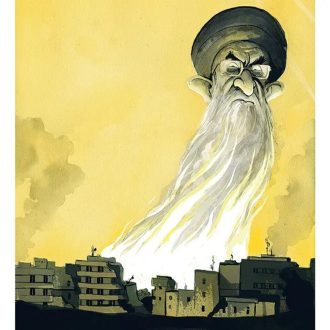Gus Carter, Paul Wood, Jonathan Aitken, Laura Gascoigne and Flora Watkins
35 min listen
This week: Gus Carter reports from Rotherham (01:10), Paul Wood asks whether anything can stop full-scale conflict in the Middle East (05:55), Jonathan Aitken takes us inside Nixon’s resignation melodrama (16:55), Laura Gascoigne reviews Revealing Nature: The Art of Cedric Morris and Lett-Haines (26:08), and Flora Watkins reads her notes on ragwort (31:24). Produced and




















